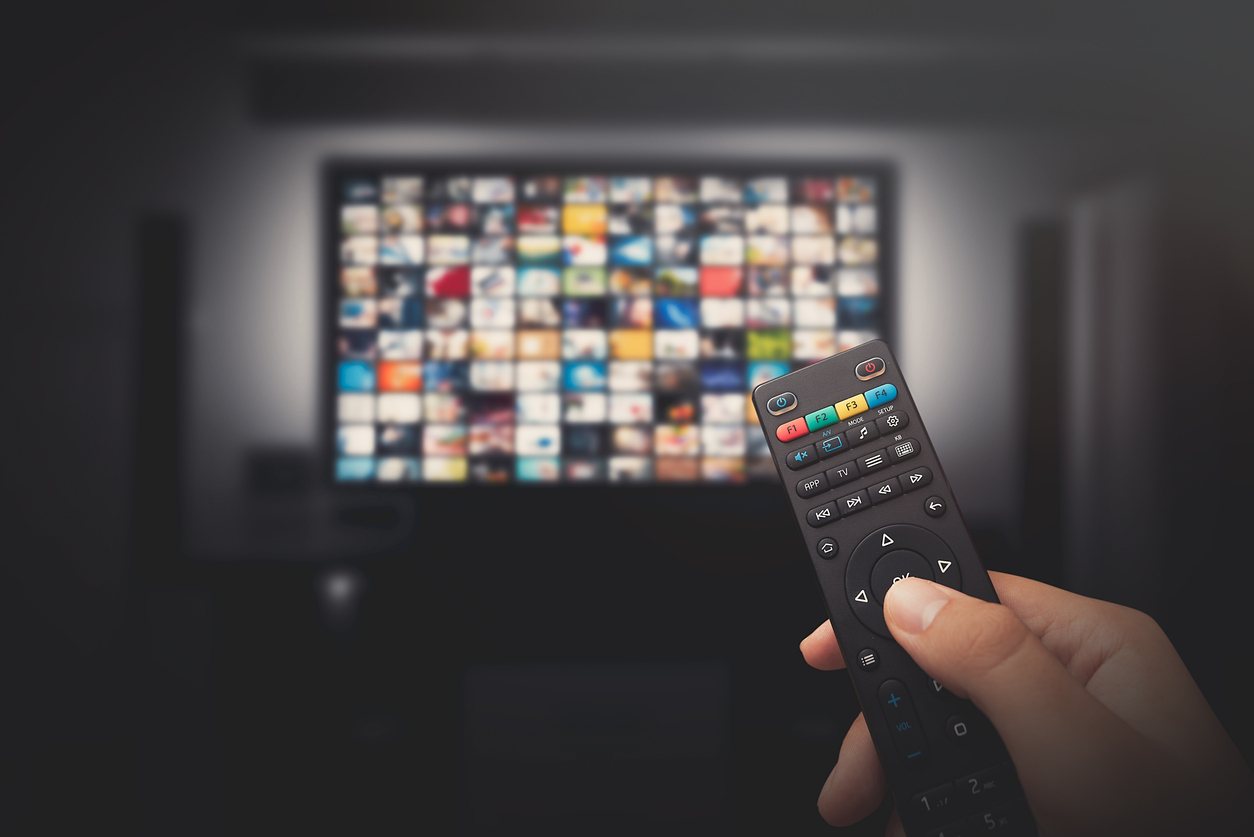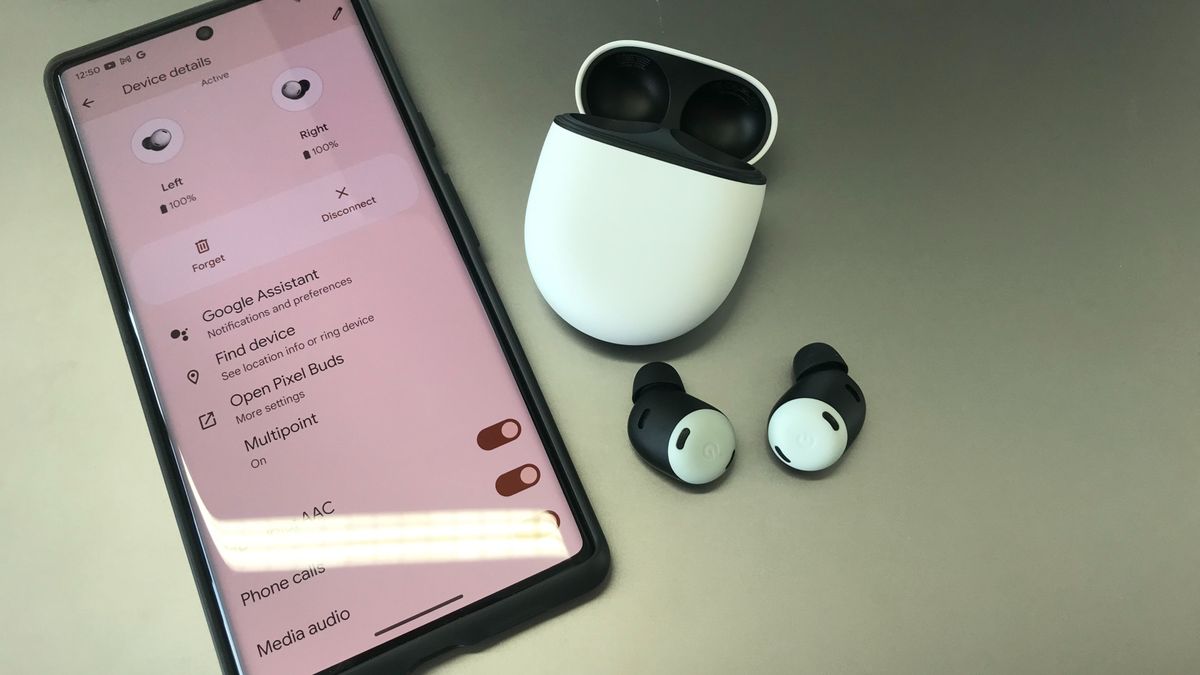Satellite TV vs. Cable TV: Which One Has the Best Picture Quality?


By Melanie Mayberry, programming editor
Here’s another one that should generate some interesting reader responses.
Which one has the best picture? Cable TV or satellite TV?
We asked our resident TV Answer Man for his assessment and here’s his response:
“I’ve watched both for two decades and would have to conclude that each has improved in recent years. The technology for both cable and satellite has evolved to allow cable and satellite companies to tweak their delivery systems to offer a sharper picture. That said, I wouldn’t say one has a better picture than the other. Of course, picture quality depends on the channel and the provider; some are better than others. But if we are generalizing, I would say there is not a noticeable difference between the picture of a cable TV service and a satellite TV operator.”
We also asked our favorite Artificial Intelligence engine, ChatGPT, for its assessment on which one provides the best picture. Below is the AI response. (As always, the AI article was fact-checked and edited by the human TV Answer Man team. Enjoy. (And offer your thoughts in the comments section below.)
When it comes to television viewing, picture quality is an important factor for many people. Cable TV and satellite TV are two popular options for getting access to a variety of channels and programs, but which one offers the best picture quality?
To answer this question, we need to look at several factors that affect picture quality, including resolution, compression, and signal strength.
Resolution refers to the number of pixels that make up an image on the screen. The more pixels, the higher the resolution and the sharper the image. Cable TV and satellite TV both offer high-definition (HD) channels, which have a resolution of 1080p, 1080i or 720p. Satellite TV (DIRECTV and Dish) also offer 4K programming while some cable operators do. (Comcast and Optimum do, for example. Charter’s Spectrum does not.)
Compression is another important factor that affects picture quality. Both cable TV and satellite TV compress their signals to save bandwidth and reduce costs. However, excessive compression can result in a loss of detail and clarity in the image. Satellite TV tends to use more compression than cable TV, which can result in a slightly lower picture quality.
Signal strength is also important for picture quality. Cable TV uses a wired connection, which is less affected by weather conditions or other interference. Satellite TV, on the other hand, relies on a signal that is beamed from a satellite in space, which can be affected by bad weather or other atmospheric conditions.
So, which one has the best picture quality? It’s hard to give a definitive answer because it depends on a variety of factors, including your location, the channels you watch, and your personal preferences.
If you’re a fan of sports or other fast-paced action, you might prefer cable TV because it tends to have a slightly faster signal than satellite TV, resulting in less lag and smoother motion. On the other hand, if you’re looking for the highest resolution possible, satellite TV might be the better choice because it offers more 4K channels.
Ultimately, the best way to determine which option offers the best picture quality for you is to try them both out and compare. You can also read reviews and ask for recommendations from friends and family who have experience with both cable TV and satellite TV.
In conclusion, both cable TV and satellite TV offer high-quality picture options, but they differ in terms of resolution, compression, and signal strength. Ultimately, the best option for you will depend on your individual needs and preferences.



:no_upscale()/cloudfront-us-east-1.images.arcpublishing.com/dmn/3O64XIWTM5FNHH2XDY7VI6AOMQ.jpg)




